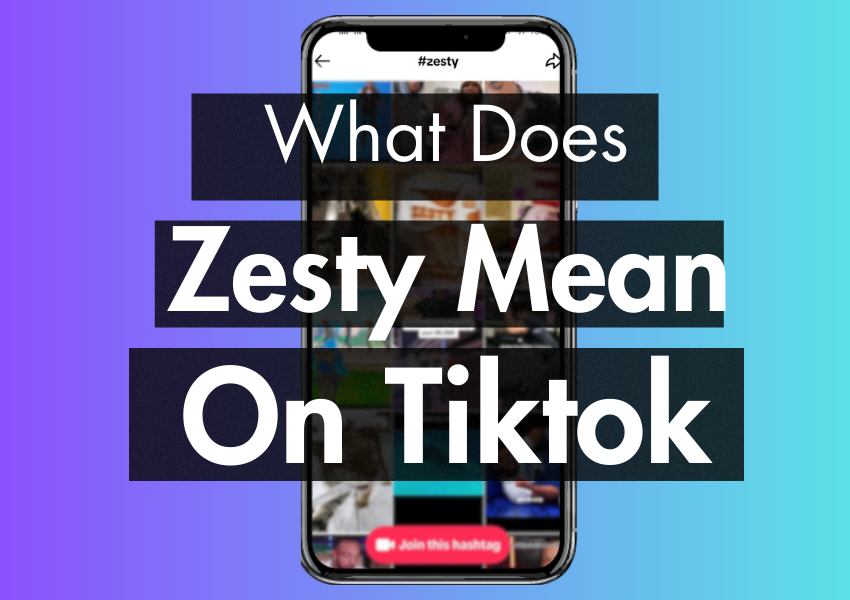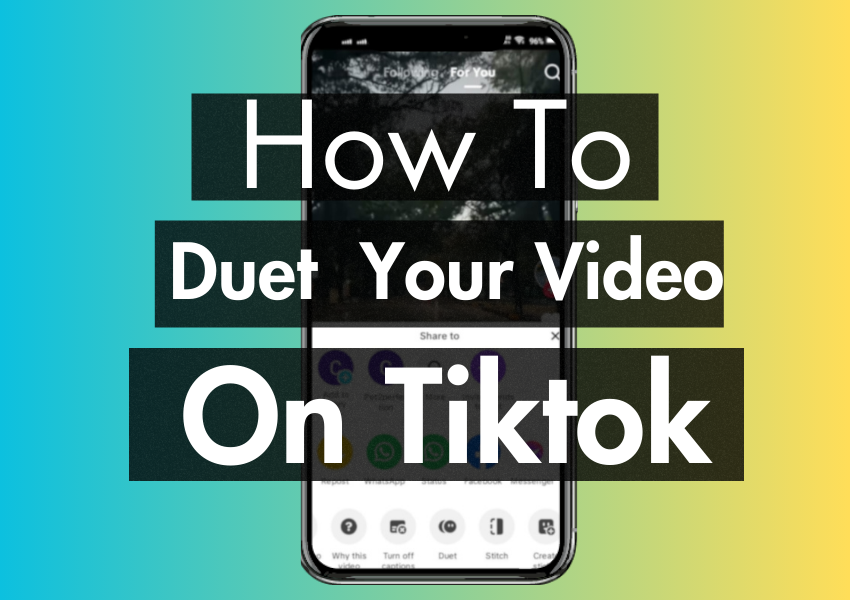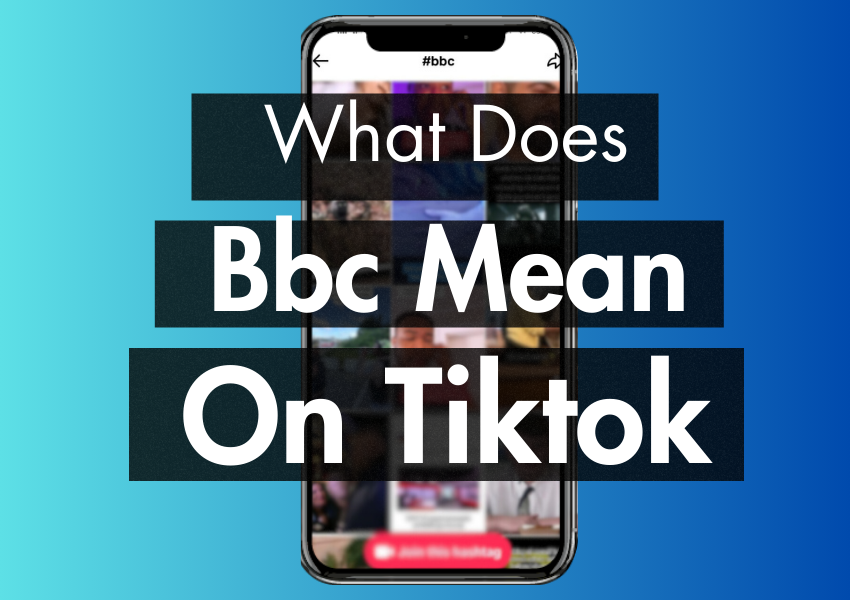Last Updated on March 2, 2023
Would any of you ladies out there like to light up an empowering tobacco-filled Torch of Freedom? You go girl! Stick it to the patriarchy by sucking down those little carcinogenic liberty lights.
Although calling cigarettes ‘Torches of Freedom’ in order to sell them sounds like a scene from the multi-award-winning, advertising agency-based TV show Mad Men, or the 2005 PR comedy/satire Thank You for Smoking, it was actually one of the more infamous campaigns designed to promote smoking to women in 1929 from the groundbreaking, but little known, Public Relations godfather Edward Bernays.
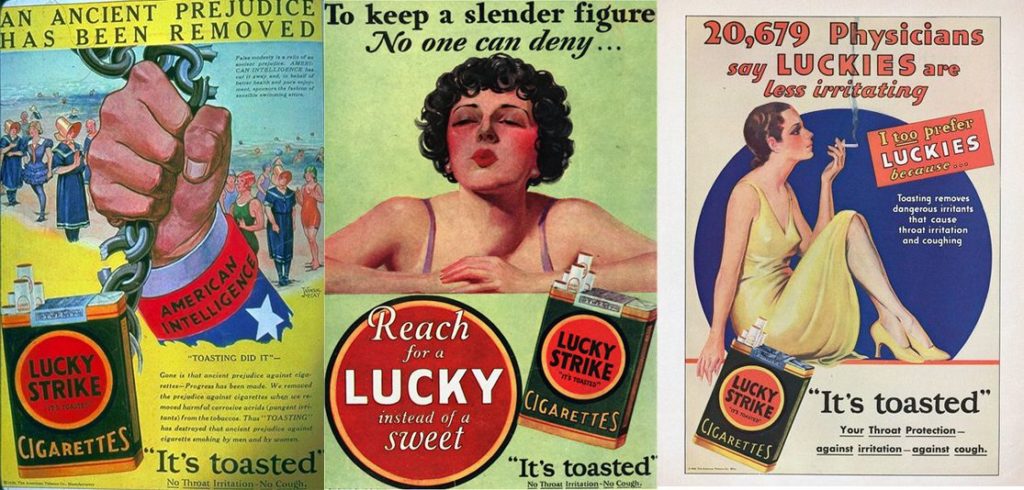
Bernays was a nephew of the founder of psychoanalysis Sigmund Freud and the first to exploit human psychology in PR campaigns leading to the PR and marketing industry we know today. His life and work was shown in the fascinating 2002 BBC documentary series The Century of the Self by highly-regarded documentary filmmaker Adam Curtis [The Power of Nightmares]. Adam Curtis’ documentaries are frequently discussed and highly recommended on Reddit and have very high ratings on IMDb and Rotten Tomatoes. Bernays described the masses as irrational and subject to herd instinct and believed marketers could use crowd psychology and psychoanalysis to control the general public in desirable ways.
Society has changed a lot over the past 100 years but the brain of your average person in 1918 is still the same as one in 2018, with the same wants, needs and desires, making these insights about herd instinct and crowd psychology still relevant today.
Bernays’ beliefs and realisations have been refined and expanded over the years alongside the explosion of the PR and marketing industries. One such work is Influence: The Psychology of Persuasion by Roberto Caldini. The ideas contained within have been put into practice by internet marketers, entrepreneurs, and top CEO’s alike, along with, of course, sociopaths, wannabe seducers and cult leaders.
Cialdini identified Social Proof as one of his 6 principles of persuasion. Social Proof is where people assume the actions of others in an attempt to reflect correct behaviour in a given situation. The other 5 being reciprocity, commitment and consistency, authority, liking and scarcity.
These 6 key ideas can be internalised by Internet marketers and business owners until you automatically and quickly assess all online content you produce and everything your business does. You should ask yourself am I hitting all these points with everything that I do? Can I take action to hit more of them or do them more effectively?
Social proof is not a new thing. People have always talked about trends, what new band or jeans are trendy? Or fads where something might be cool now but it might disappear just as quick, like a Tamagotchi, or perhaps flared trousers in the 70s. Or simply what we describe as fashionable. We believe that something is cool and desirable now as everyone, the herd, has it or wants it but that may change in the future. Haircuts, phones, diets, restaurants, bars, TV shows, food and more can all follow fashion as it’s human nature. For example copying David Beckham’s haircut, or Conor McGregor’s dress sense, consuming Kale or almond milk.
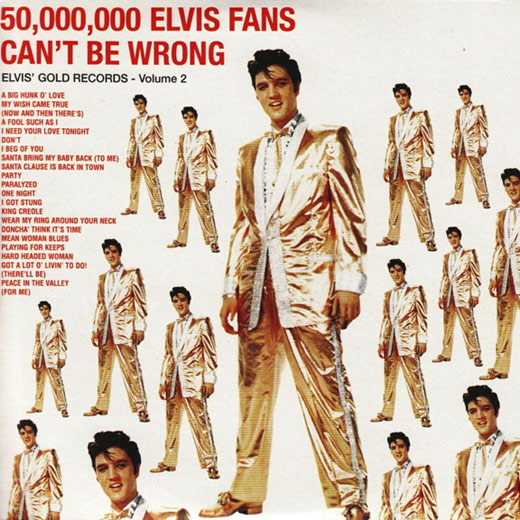 50,000,000 Elvis fans can’t be wrong
50,000,000 Elvis fans can’t be wrong
The good news, and one that would probably delight Bernays, is that Social Proof is one of the most powerful criteria but is also one of the easiest to maximise in your business’ favour. The means to do this are at the fingertips of anyone who wants them, they are no longer held by expensive PR firms or advertising agencies that only blue-chip companies, such as those featured in Mad Men, can afford. Many of the biggest ones are free for everyone to use such as Facebook, Twitter, and Instagram and the tools to help you maximise them are very affordable.
People are almost begging to be influenced by Social Proof through their use of social media and as a business owner if you are not making the most of this opportunity you are missing out.
Social proof, or social influence, often extends to buying patterns so often the decision to purchase a certain product may not be entirely your own, it is can be influenced by outside social factors. These factors are an example of social proof.
The Significance of Social Proof
Humans are social creatures and we tend to put our trust in the wisdom of the crowd. An everyday example is that when one person crosses a busy street, the crowd, or herd, will often follow without looking at the lights. Groups offer comfort and safety for most of us, although this can lead to the often destructive herd instinct that Bernays talked about.
This herd mentality can lead to manias and bubbles. For example, the Dot Com bubble around the year 2000 where logic went out the window and everyone followed everyone else believing that, surely, we cant all be wrong? People didn’t do the correct prudent research into companies that never had a chance of survival and ultimately failed. Property bubbles have occurred around the world, for example, in Japan, London, Ireland and Spain, along with the subprime crisis in 2007 in the USA which led to the global financial crisis in 2008. Many critics argue Bitcoin and cryptocurrencies are another bubble with FOMO, Fear Of Missing Out, another symptom of Bernays’ herd mentality and social proof.
Effect of Social Proof on Social Media
Our brains’ physiology hasn’t changed but modern marketing has and our competitors are constantly evolving so it is wise to become increasingly sophisticated in order to stay one step ahead.
Let’s take a look at six different types of social proof:
- Expert opinion: When an expert in your field is associated with your company or talks about your products and services. An expert even mentioning your brand is good but a strong recommendation could give you a big boost.
- Celebrity endorsement: Similar to expert opinion but your product is riding the coat tails of the fame of a celebrity. Often seen in traditional marketing models like TV commercials, billboard advertising, and print but it can be just as effective on social media platforms.
- User opinion: Positive user reviews and testimonials can be a big help as people tend to trust regular people just like themselves who they feel are genuine and don’t have an agenda rather than celebrities who are usually paid to advertise certain products or services.
- The opinion of the crowd: This goes back to Bernays’ herd mentality, if a large group of people has good things to say about your company or products, then other people will quickly form this opinion as well.
- The influence of your friends & family: Social proof works on all levels so if a person has even a few friends that constantly talk about a certain product, they will be likely to buy it to see what all the fuss is about.
- Certification: Getting certified by an authority in your field. Certifications can come in many forms depending on your industry and even simple things like having a verified Twitter account can greatly enhance your credibility.
Were you impressed by Adam Curtis’ popularity on Reddit and high scores on IMDb and Rottentomatoes mentioned earlier? Did it increase your interest in checking him out? Well, that is social proof in action. The fact he produces documentaries for BBC leads you to think he is an expert, the high scores on IMDb and Rottentomatoes are user opinions along with the opinion of the crowd.
When you start to view businesses and products, or the news and the media in general, or even if you examine your own life, you can see how prevalent social proof is.
Let’s take a look at a few examples of social proof in action to successfully promote a brand or product.
Amazon
Amazon is one the most popular online marketplaces in the world and uses social proof in the form of customer reviews that can be found under each product available on the site. The review system is straightforward and manages to be highly effective at persuading or dissuading people from purchasing certain products.

Unsurprisingly, a lot of companies routinely take advantage of this system to promote their own brand via Amazon reviews. A good portion of the reviews on Amazon are legitimate and represent honest customer feedback, but not all of them. Many companies also incentivise customers to leave positive reviews precisely because of how helpful they are at driving sales showing how powerful social proof is.
Daniel Wellington
The Swedish watch company Daniel Wellington has only been around since 2011 but its growth exploded and it was named the fastest growing company in Europe back in 2017. If we take a closer look at their marketing strategy it’s clear the company’s success didn’t come by accident.

They have invested heavily in social proof from their inception and use aggressive marketing campaigns on Instagram and other social media platforms. Daniel Wellington routinely targets well-known social media influencers and sends them free watches with unique discount codes.
In return, these users are asked to post pictures of themselves on Instagram, while wearing the watches helping to promote the brand. It’s a winning strategy as they don’t invest in traditional advertising and thanks to these shoutouts, the company has huge sales.
As the number of Instagram users is increasing then so too is the number of Daniel Wellington’s followers. As of April 2018, the official Instagram page of Daniel Wellington has more than four million followers. On top of that, there are more than 1.7 million posts with the hashtag #danielwellington, which is used as a part of the aforementioned promotion.

So how does this fit into to social proof? When you see posts that have a lot of views, likes, or comments then we interpret that that post has been preselected by other people. The human brain automatically thinks that if other people think it is good, then it must be good which is the Herd Mentality Bernays talked about.
Internet marketers are concerned with engagement rate but your casual user evaluates engagement rate quickly and automatically too. What happens when you see a post with 1 like? You tend to skip past it, you assume it has little value. If it has large numbers you perceive it does have value.
Posts gain momentum through engagement however to get over the hump of no engagement or poor engagement at the beginning of a post it can be a good idea to bump it up using social media engagement services. This early boost helps it gain traction and increase engagement organically and you should start to see momentum with engagement increasing by itself. This is harnessing the power of social proof to work for you and your business.




